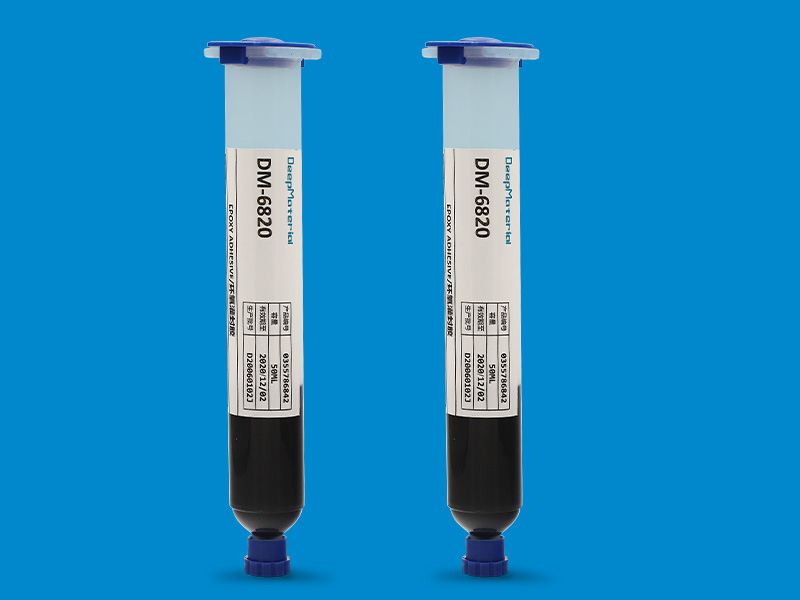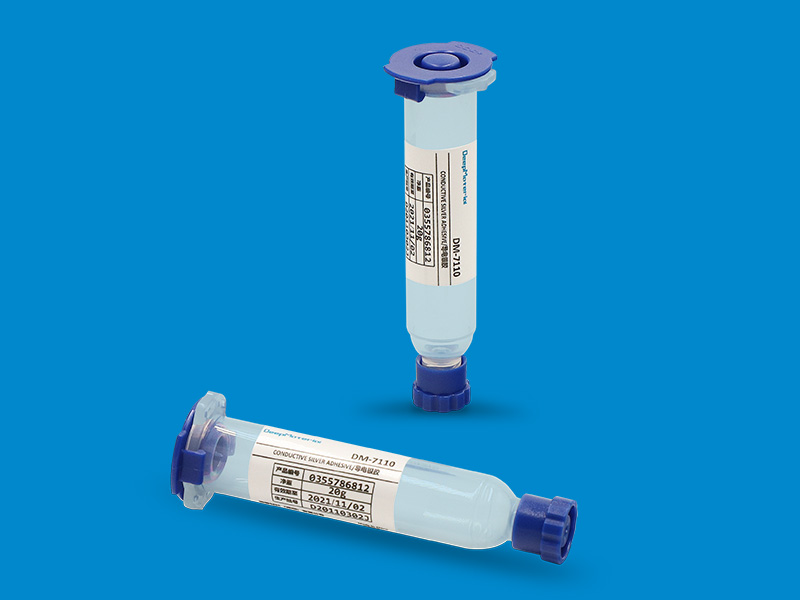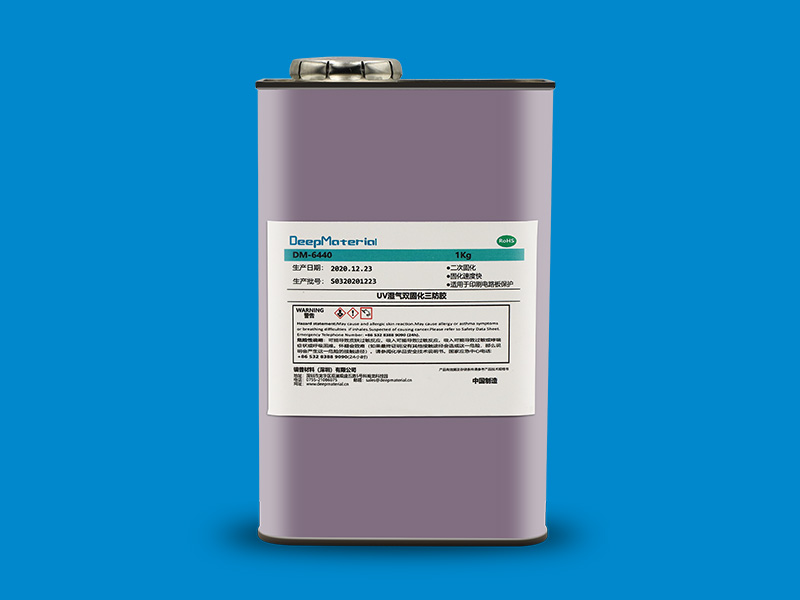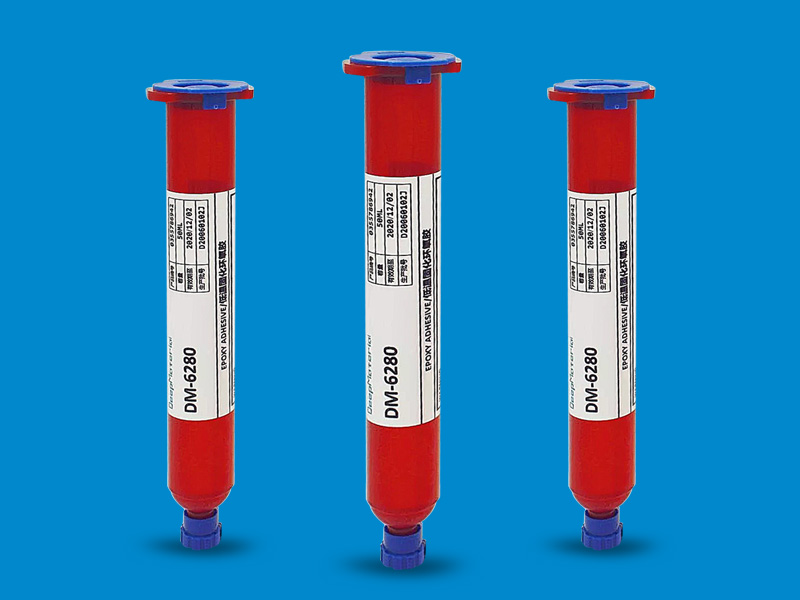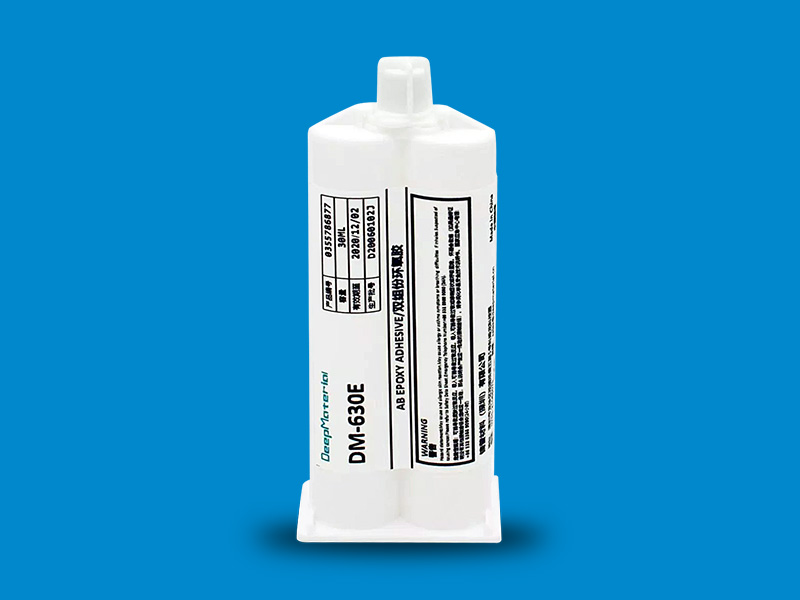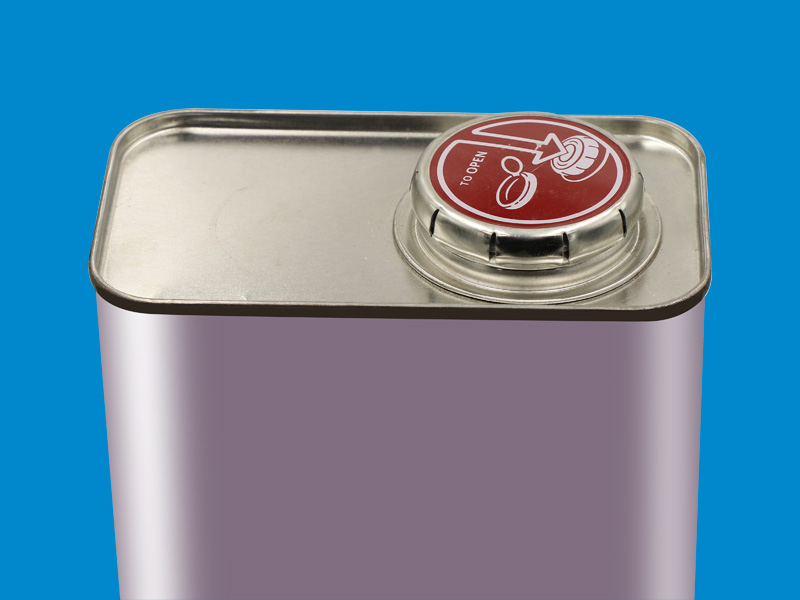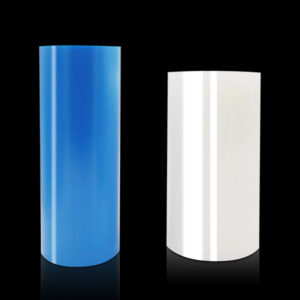Pressure Sensitive Adhesive Manufacturers: Pioneering Bio-Based and Eco-Friendly Adhesives
Pressure Sensitive Adhesive Manufacturers: Pioneering Bio-Based and Eco-Friendly Adhesives
In light of escalating environmental concerns, the shift towards bio-based and eco-friendly adhesives has become imperative. The reliance on petroleum-based adhesives is a significant contributor to carbon emissions and environmental pollution. Moreover, the disposal of non-biodegradable adhesives poses severe risks to ecosystems. Consequently, there is a burgeoning demand for adhesives that are both sustainable and have a minimal environmental footprint, underscoring the importance of developing bio-based alternatives.

What Are Pressure Sensitive Adhesives?
Pressure-sensitive adhesives (PSAs) are categorized into three principal types: water-based, solvent-based, and hot melt. Water-based PSAs stand out for their environmental friendliness, attributed to their low emissions of volatile organic compounds (VOCs). Solvent-based PSAs are prized for their exceptional bonding strength and durability, while hot melt PSAs, which are solid at room temperature, activate and become adhesive upon heating.
These adhesives are distinguished by their remarkable tackiness, enabling adherence to surfaces upon the application of minimal pressure. Additionally, they demonstrate commendable peel strength and shear resistance, guaranteeing durable bonds suitable for a wide array of applications.
Advantages of Bio-Based and Eco-Friendly Adhesives
The transition to bio-based and eco-friendly adhesives offers substantial environmental benefits, notably a reduced carbon footprint. Derived from renewable sources, such as plant-based materials, these adhesives diminish the dependence on fossil fuels, contributing to the mitigation of climate change.
Another significant advantage is their biodegradability and compostability, allowing these adhesives to naturally decompose over time, thereby mitigating waste and pollution. This feature is especially crucial in the packaging industry, where the disposal of adhesive materials significantly impacts the environment.
Moreover, bio-based and eco-friendly adhesives are associated with enhanced health and safety benefits. They contain lower levels of harmful chemicals and emit fewer VOCs compared to their traditional counterparts, promoting a safer environment for both industry workers and consumers. This aspect holds particular importance in sectors where adhesive use is prevalent and in close contact with humans, such as healthcare and food packaging.
Challenges Faced by Pressure Sensitive Adhesive Manufacturers
As the demand for bio-based and eco-friendly adhesives escalates, manufacturers of pressure-sensitive adhesives confront a myriad of challenges in transitioning towards sustainable practices. A primary obstacle is the procurement of sustainable raw materials. The fluctuating availability and cost of bio-based materials pose difficulties in maintaining a stable supply chain.
Furthermore, achieving cost-effectiveness remains a hurdle. The production of bio-based adhesives often incurs higher expenses due to the elevated costs associated with raw materials and the manufacturing process. It is imperative for manufacturers to strike a balance between sustainability and economic viability to sustain competitiveness in the marketplace.
Equally critical are the performance and durability standards that pressure-sensitive adhesives must meet across diverse applications. It is crucial for manufacturers to ensure that bio-based adhesives rival the efficacy of their petroleum-based counterparts, without compromising quality or longevity.
Innovations in Bio-Based and Eco-Friendly Adhesives
In response to these challenges, there has been a surge in innovations concerning the development of novel materials and technologies. Research endeavors are being directed towards exploring alternative raw materials, including algae, soybeans, and cornstarch, to forge bio-based adhesives that are both cost-efficient and environmentally sustainable.
Partnerships with sectors outside the adhesive industry are catalyzing innovation in bio-based adhesives. Notably, the automotive sector is collaborating with adhesive manufacturers to concoct bio-based solutions tailored to the unique requirements of bonding lightweight materials in electric vehicles. Such collaborative efforts facilitate the pooling of knowledge and technical expertise, fostering the creation of advanced, sustainable adhesive solutions.
Investment in research and development is pivotal for the progression of bio-based and eco-friendly adhesives. Manufacturers are allocating resources towards R&D to refine the performance, durability, and affordability of these adhesives, aiming to align with market trends and cater to the increasing preference for sustainable products.
Sustainable Manufacturing Practices Adopted by Pressure Sensitive Adhesive Manufacturers
In an effort to mitigate their environmental footprint, manufacturers of pressure-sensitive adhesives are embracing sustainable manufacturing practices. A focal point of these practices is the conservation of energy and resources. The adoption of energy-efficient technologies and methodologies is underway to reduce energy consumption during production. Moreover, efforts to optimize the use of resources through recycling and reusing materials are being intensified.
The reduction and recycling of waste are integral components of sustainable manufacturing. Manufacturers are instituting waste management strategies to curtail waste production and elevate recycling efforts. Recycling endeavors, particularly concerning paper liners and release liners, diminish the dependency on virgin materials and lower the volume of waste dispatched to landfills.
Corporate social responsibility (CSR) initiatives serve as another avenue through which manufacturers are promoting sustainability. Engagement in community outreach, support for environmental conservation efforts, and the fostering of employee welfare are among the activities undertaken. These CSR initiatives not only yield a positive societal impact but also bolster the manufacturers’ image as conscientious corporate entities.
Applications of Bio-Based and Eco-Friendly Adhesives
Bio-based and eco-friendly adhesives are being increasingly utilized across various sectors due to their sustainable properties. In the packaging and labeling sector, these adhesives are essential for sealing boxes, affixing labels, and ensuring the integrity of packaging materials. Their application promotes waste reduction and supports the principles of a circular economy.
The automotive and transportation industry benefits from the use of bio-based adhesives for bonding lightweight materials, including carbon fiber composites and aluminum. This not only enhances the bonding strength but also contributes to vehicle weight reduction, which in turn improves fuel efficiency and lowers emissions.
Within the construction and building materials sector, bio-based adhesives find applications in flooring, insulation, and wall coverings. Their excellent adhesive properties to various surfaces enhance the sustainability of buildings by diminishing the reliance on non-renewable resources.
Future of Bio-Based and Eco-Friendly Adhesives in the Adhesive Industry
The trajectory for bio-based and eco-friendly adhesives within the adhesive industry is highly positive. As sustainability becomes increasingly central to business strategies and consumer preferences, demand for these adhesives is set to rise. Manufacturers that can innovate and align their offerings with sustainable principles are poised for success.
Addressing the challenges of sustainable raw material sourcing, cost management, and maintaining high performance levels is essential for meeting customer demands. Investment in research, industry collaboration, and sustainable manufacturing practices will enable manufacturers to navigate these challenges effectively.
Partnerships will be instrumental in advancing the adoption of bio-based and eco-friendly adhesives. Collaborative efforts with suppliers, customers, and other stakeholders to develop sustainable supply chains, exchange best practices, and advocate for bio-based adhesives can expedite the shift towards a more sustainable adhesive industry. By uniting towards this common goal, pressure-sensitive adhesive manufacturers can lead the way in transitioning to a more environmentally conscious industry.

Conclusion
In summary, manufacturers of pressure-sensitive adhesives are at the forefront of driving sustainability within the adhesive industry. The shift towards bio-based and eco-friendly adhesives brings several benefits, such as a smaller carbon footprint, the ability to break down naturally, and enhanced safety for both users and the environment. Yet, these manufacturers encounter obstacles in obtaining sustainable materials, balancing cost with sustainability, and ensuring their products meet the necessary performance standards.
For more about choosing the top t pressure sensitive adhesive manufacturers, you can pay a visit to DeepMaterial at https://www.electronicadhesive.com/ for more info.



